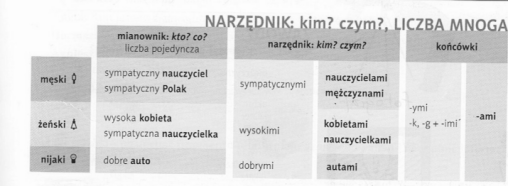Chrzaszcz
4 Jul 2011
Language / Perfective vs Imperfective - grammar [150]
Past tenses - Imperfective / Perfective
Hi all
I'm new to this forum. I am learning Polish, have a reasonable understanding of the language and its grammar, but the past tense (perfective tense) is causing a headache.
Is it vital to learn 2 form of verbs - the imperfective and perfective forms? For example
I ate my dinner (didn't finish it) - Jadłem moj obiad.
I ate my dinner (finished it all) - Zjadłem moj obiad.
I read the newspaper (first two pages) -Czyałem gazeta
I read the newspaper (all the paper) - Przeczytałem gazeta
It's hard learning verbs and vobacularly, but any advice would be welcome!
Dziękuje bardzo
Past tenses - Imperfective / Perfective
Hi all
I'm new to this forum. I am learning Polish, have a reasonable understanding of the language and its grammar, but the past tense (perfective tense) is causing a headache.
Is it vital to learn 2 form of verbs - the imperfective and perfective forms? For example
I ate my dinner (didn't finish it) - Jadłem moj obiad.
I ate my dinner (finished it all) - Zjadłem moj obiad.
I read the newspaper (first two pages) -Czyałem gazeta
I read the newspaper (all the paper) - Przeczytałem gazeta
It's hard learning verbs and vobacularly, but any advice would be welcome!
Dziękuje bardzo
 PolishForums LIVE / Archives [3]
PolishForums LIVE / Archives [3]
